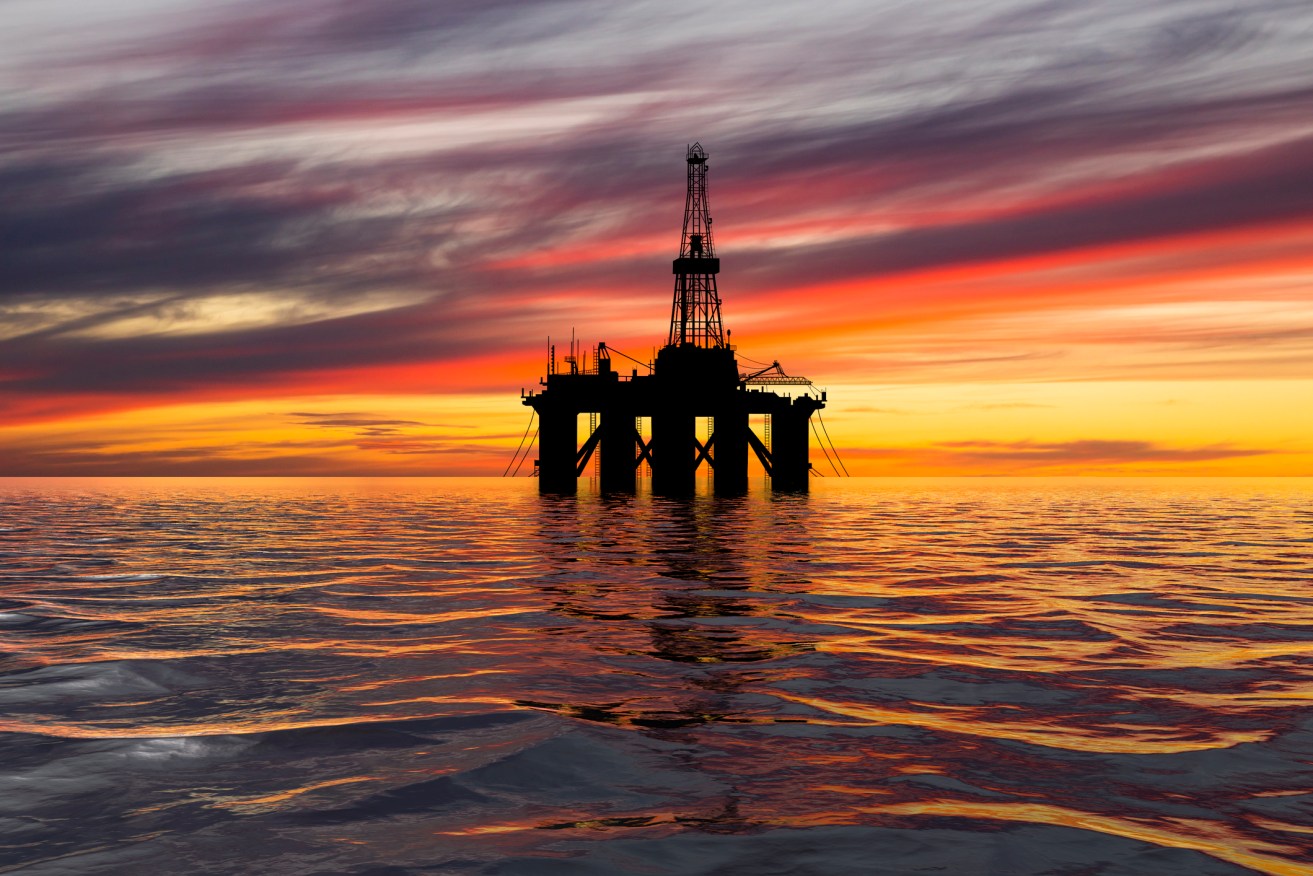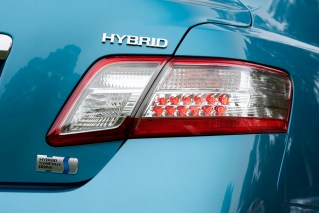Australia Institute: Gas tax could cover energy transition costs


A tax on big gas could cover energy transition and household bills. Photo: Getty
A windfall profits tax levied on the export gas industry could pay for the government’s $20 billion Rewiring the Nation commitment to the energy transition and compensate households for price rises, states the Australia Institute.
The Ukraine war gas boom has meant Australia’s major liquid natural gas (LNG) exporters creamed as much as $40 billion in extra profits on virtually flat export volumes in 2021-22, the Australia Institute (TAI) says.
“While households and businesses are facing soaring bills, these companies are essentially profiteering from the war in Ukraine,” TAI executive director Richard Denniss said.
As the chart above shows, revenues for the big LNG exporters jumped to $70 billion in the June year compared to $30 billion a year earlier.
Given the amount exported was almost the same, the profit to the gas giants rose by $40 billion without increasing costs.
If the starting point was 2018-19 when prices were higher then the windfall would be lower, at perhaps $26 billion.
‘Gas for free’
The gas giants are getting a massive free ride on the back of Australians who essentially own the country’s natural resources because they pay virtually no tax, TAI found.
“Many LNG companies pay little if any income tax and get much of the gas for free as it’s not subject to royalties,” Dr Denniss said.
LNG producers in Australia are overwhelmingly foreign owned, with profits flowing almost entirely overseas. Gas royalties were removed from the giant North West Shelf gas project and replaced by the petroleum resource rent tax.
“It turns out that hardly any of the companies pay any resource rent tax and few are paying company tax,” TAI principal adviser Mark Ogge said.
Onshore coal seam gas producers in Queensland, the other major source of LNG, had their resource rent tax commitments removed leaving them virtually untaxed.
‘Robbed blind’
To add insult to injury, transfer pricing deals where international parent companies lend money to local subsidiaries at unrealistically high interest rates resulted in the ATO saying “the resources industry in general has been understating income by as much as $40 billion”, Mr Ogge said.
“We’ve been robbed blind.”
Given the virtually zero rate of tax paid by the gas industry, TAI calls for the whole of the windfall profits of as much as $40 billion to be charged tax at a rate of 100 per cent.
That money could be passed through to fund the Commonwealth’s commitment to pay $20 billion for the poles and wires that will be required to facilitate the switch to renewable energy.
There would be extra money left over to help compensate households and business for the rising local energy prices resulting from the war, the institute said.
Cartel hits households
Domestic gas prices are too high due to what the ACCC described as “gas industry price-fixing and cartel-like behaviour on the east coast gas market”, TAI observed.
Those arrangements mean Australians on the eastern seaboard are paying sky-high international gas prices rather than the lower prices enjoyed in WA, where a strong regulatory regime was introduced by the state government.
A windfall profits tax has been introduced recently in the UK, and in Australia needed to be accompanied by a tougher tax system. The UK has also committed to support consumers in the face of record energy bills.
“In other countries like Norway, Qatar and Saudi Arabia they get huge tax returns from their oil and gas industries: Like more than 10 times what Australia gets,” Mr Ogge said.
Three problems
Deloitte Access Economics chief economist Chris Richardson said the gas industry “was not paying enough tax at the moment by any measure”.
“There is the lack of an effective gas reservation system [to provide cheap gas to the local market], the petroleum resource rent tax is not working, and the uplift [rate of business expense increases] for the gas industry is too generous.”
The overly generous uplift rate means company tax payments are too low.
“All of those things need addressing, but at least doing one would help in the short term,” Dr Richardson said.
If the resource rent tax and income tax systems were applied as originally intended then the gas giants would be paying a tax rate of 58 per cent on their real incomes, he said.
Industry body the Australian Petroleum Production and Exporting Association CEO Samantha McCulloch said: “The industry is already subject to a profits tax as well as other taxes and royalties – and recently released forecasts show that same taxation system will deliver an extra $9 billion revenue from gas exporters alone this financial year, with revenue almost tripling to $13.8 billion.”
However, TAI found that industry estimates of future tax payments had never been met.
A spokesperson for Treasurer Jim Chalmers said “our priority on tax reform is ensuring multinationals pay their fair share of tax in Australia”.









